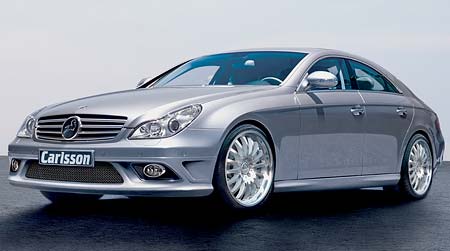
As the Bush era draws to a close, we have a chance to reexamine some of the filters through which we view sports (and everything else), and give some thought to how the framework we use to make sense of things could possibly be different going forward.
For the past 8 years it's felt like anytime you had a disagreement with someone, it was probably safe to assume that your opponent was morally bankrupt. There was so much built up political bitterness that the invective spilled over into almost every other aspect of our lives. Any tension or conflict unwittingly gained ideological connotations: a superhero movie couldn't help but become an allegory about US foreign policy; political subtext cropped up in otherwise innocuous love songs; and a wide range of television shows were convincingly read as referendums on our current administration's incompetence. Sports may not have been quite the breeding ground for political parable that books and movies were, but how we thought about and talked about power and conflict in athletics was necessarily clouded by how we dealt with those concepts during Bush's presidency.

The high-water mark of this tendency in basketball may have been last year's Lakers-Celtics Finals. Even though the series didn't lend itself to any obvious Red State/Blue State mapping, the tone with which allegiances were declared was as indicative of the political climate we've been living in as anything that happened between Bird and Magic two decades ago. You had to have an opinion and it damn well better not have been the wrong one. Granted, sports have always lent themselves to political undertones and to enthusiastically taking sides, but I'd still like to credit Bush for inspiring a particular flavor of venom that spilled over to how we discussed everything from Iraq to All Star selections. In other words, the fact that the Kobe-era of headline dominance coincided almost perfectly with Bush's two terms might not have been purely coincidental. That Obama's favorability ratings hover above 70% and no one views LeBron as a yes or no question is hopefully a sign of things to come.

While I don't think the League itself will actually be discernibly different when we wake up on January 21st, I'm hopeful that the way we perceive the game might already have begun to shift subtly. I'm not sure I envision exactly how this less-polarized, post-Bush era of basketball will look, but for some reason I picture Danny Granger playing a central role in decoding the new landscape. The world is ready for a more nuanced view of the game, one where Cleveland's ascendance doesn't take anything away from what Boston and LA have going on, where the Hawks can be both up-and-coming and taken seriously at the same time, and where Devin Harris doesn't need a counterpoint in Paul, Williams, or anyone else to be understood and appreciated. While columnists were forced to reluctantly shelve the LeBron v. Melo stories long ago, Wade's resurgence thankfully hasn't seemed to force too many battle lines to be drawn. Even with Oden finally on the floor, the fact that he went one slot ahead of Durant is little more than a footnote at this point. Kevin Love's irrelevance probably killed any potential for an ongoing Mayo-Love plotline, but even the contrast that would seem like it should have legs (the UCLA guard on close-by team who will play an equally essential role in overturning his team's current crappiness) isn't really cropping up yet. This isn't to say that rivalries will be (or should be) non-existent, but maybe we're reaching a point where we can stop viewing them as either/or propositions, where one player's dominance doesn't necessarily pose a threat to our appreciation of another's. Even if the sport is ultimately defined by wins and losses, we don't need to view every aspect of it as a zero-sum game.

While I'm probably overestimating both the transformative nature of Obama and the transformable nature of sports fans, I'm nevertheless optimistic that we can at least step away from some of the more forced indignation and oversimplified dichotomies that have dominated our conversations about sports recently. If this post-partisan (sorry) approach sounds an awful lot like the liberated fandom this site has espoused for so long, it's probably because it should. As we adjust to life without Bush-tinted glasses, it will hopefully get easier to eschew some of the knee-jerk thumbs up/thumbs down reactions and to move towards embracing the contradictions before us. Put another way, learning to root for a Larry Brown team might be good practice for accepting a ceremony prominently featuring Rick Warren.















No comments:
Post a Comment